Israel said Thursday it would establish 22 Jewish settlements in the occupied West Bank, including the legalization of outposts already built without government authorization. Neighboring Jordan and Britain slammed the move, with a top U.K. official calling it a “deliberate obstacle” to Palestinian statehood.
Israel captured the West Bank, along with the Gaza Strip and east Jerusalem, in the 1967 Mideast war and the Palestinians want all three territories for their future state. The majority of the international community views settlements as illegal and an obstacle to resolving the decades-old conflict.
Defense Minister Israel Katz said the settlement decision “strengthens our hold on Judea and Samaria,” using the biblical term for the West Bank. He said it “anchors our historical right in the Land of Israel, and constitutes a crushing response to Palestinian terrorism.”
He added that the construction of settlements was also “a strategic move that prevents the establishment of a Palestinian state that would endanger Israel.”
The Israeli anti-settlement watchdog group Peace Now said the announcement was the most extensive move of its kind since the 1993 Oslo accords that launched the now-defunct peace process. It said the settlements, which are deep inside the territory, would “dramatically reshape the West Bank and entrench the occupation even further.”
Israel has already built well over 100 settlements across the territory that are home to some 500,000 settlers. The settlements range from small hilltop outposts to fully developed communities with apartment blocks, shopping malls, factories and parks.
Zain Jaafar/AFP via Getty Images
The West Bank is home to 3 million Palestinians, who live under Israeli military rule with the Palestinian Authority administering population centers. The settlers have Israeli citizenship.
Peace Now said the plans call for the authorization of 12 existing outposts, the development of nine new settlements and reclassifying a neighborhood of an existing settlement as a separate one.
“The government is making clear — again and without restraint — that it prefers deepening the occupation and advancing de facto annexation over pursuing peace,” the group said.
Israel has accelerated settlement construction in recent years — long before Hamas’ Oct. 7, 2023, terrorist attack on Israel, which ignited the war in Gaza. The settlements have confined Palestinians to smaller and smaller areas of the West Bank and made the prospect of establishing a viable, independent state even more remote.
A spokesperson for Palestinian President Mahmoud Abbas called the move a “dangerous escalation” and accused Israel of moving the region into a “cycle of violence and instability.”
“This extremist Israeli government is trying by all means to prevent the establishment of an independent Palestinian state,” the spokesperson, Nabil Abu Rudeineh, told the Reuters news agency.
In a statement, Hamas — the group that the U.S. and Israel have designated as terrorists that controls Gaza — accused Israel of “an acceleration of efforts to Judaize Palestinian land as part of an explicit annexation project.”
“It constitutes a brazen challenge to international will and a grave violation of international law and United Nations resolutions,” said the Palestinian militant group.
Western ally Jordan also condemned the move as illegal, and said it “undermines prospects for peace by entrenching the occupation.”
The Jordanian foreign ministry warned that “such unilateral actions further erode the viability of a two-state solution by impeding the establishment of a sovereign Palestinian state.”
Britain’s minister for the Middle East, Hamish Falconer, slammed the decision as a “deliberate obstacle to Palestinian statehood,” saying settlements “imperil the two state solution, and do not protect Israel.”
Reuters/Raneen Sawafta
During his first term, President Trump’s administration broke with decades of U.S. foreign policy by supporting Israel’s claims to territory seized by force and taking steps to legitimize the settlements. Former President Joe Biden, like most of his predecessors, opposed the settlements but applied little pressure to Israel to curb their growth.
The top United Nations court ruled last year that Israel’s presence in the occupied Palestinian territories is unlawful and called on it to end, and for settlement construction to stop immediately.
Israel denounced the non-binding opinion by a 15-judge panel of the International Court of Justice, saying the territories are part of the historic homeland of the Jewish people.
Israel withdrew its settlements from the Gaza Strip in 2005, but leading figures in the current government have called for them to be re-established and for much of the Palestinian population of the territory to be resettled elsewhere through what they describe as voluntary emigration.
Palestinians view such plans as a blueprint for their forcible expulsion from their homeland, and experts say the plans would likely violate international law.
Israel now controls more than 70% of Gaza, according to Yaakov Garb, a professor of environmental studies at Ben Gurion University, who has examined Israeli-Palestinian land use patterns for decades.
The area includes buffer zones along the border with Israel as well as the southern city of Rafah, which is now mostly uninhabited, and other large areas that Israel has ordered to be evacuated.
The war began with Hamas’ Oct. 7 attack, in which terrorists stormed into Israel, killing some 1,200 people, mostly civilians, and abducting 251. Hamas still holds 58 hostages, around a third of them believed to be still alive, after most of the rest were released in ceasefire agreements. Israeli forces have rescued eight and recovered dozens of bodies.
Israel’s retaliatory offensive has killed over 54,000 Palestinians, mostly women and children, according to Gaza’s Hamas-run health ministry, which does not distinguish between civilian and combatant casualties.
contributed to this report.
israel-authorizes-more-settlements-in-occupied-west-bank-sparking-criticism-as-obstacle-to-palestinian-statehood

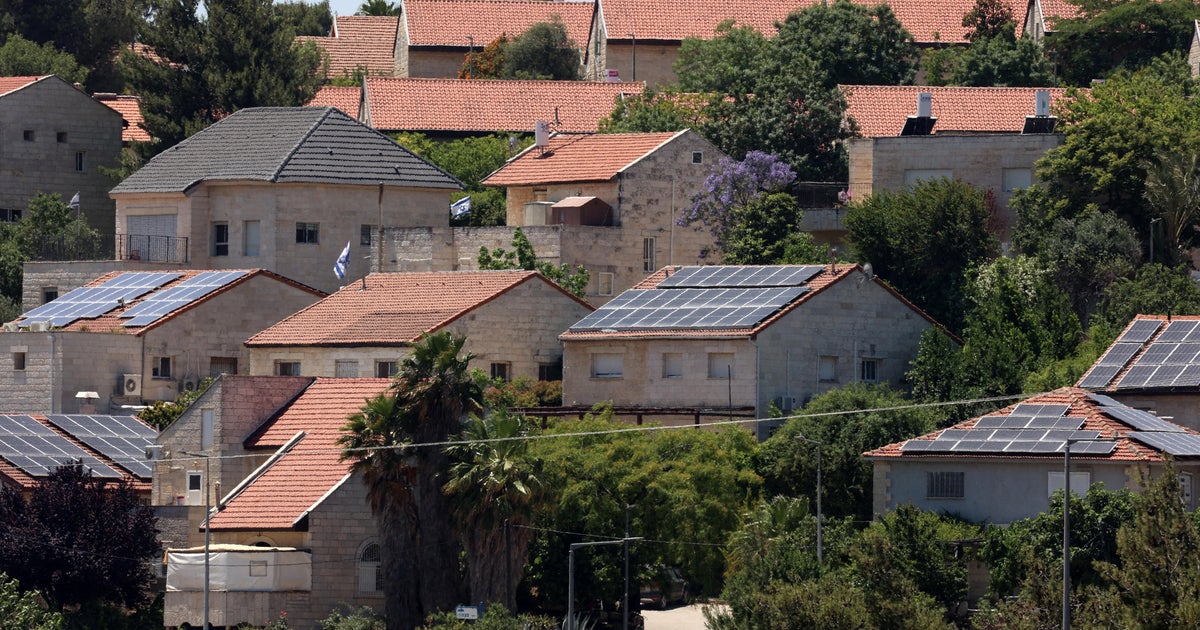



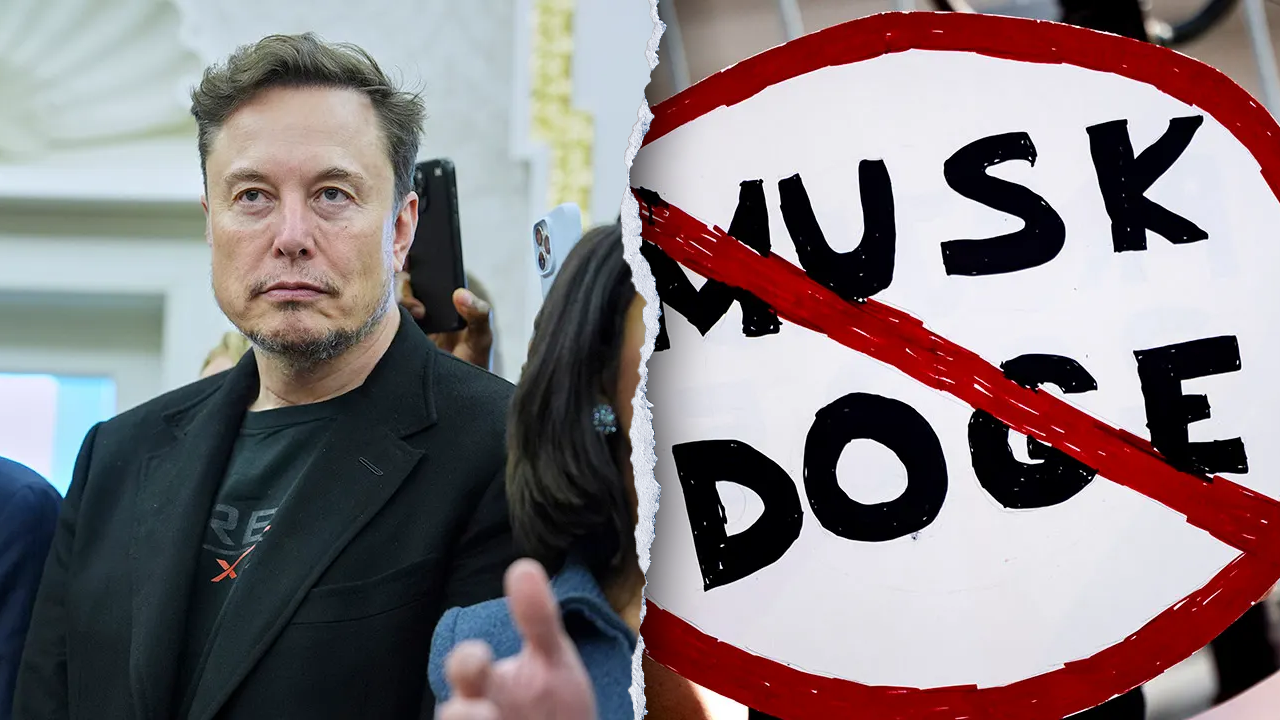


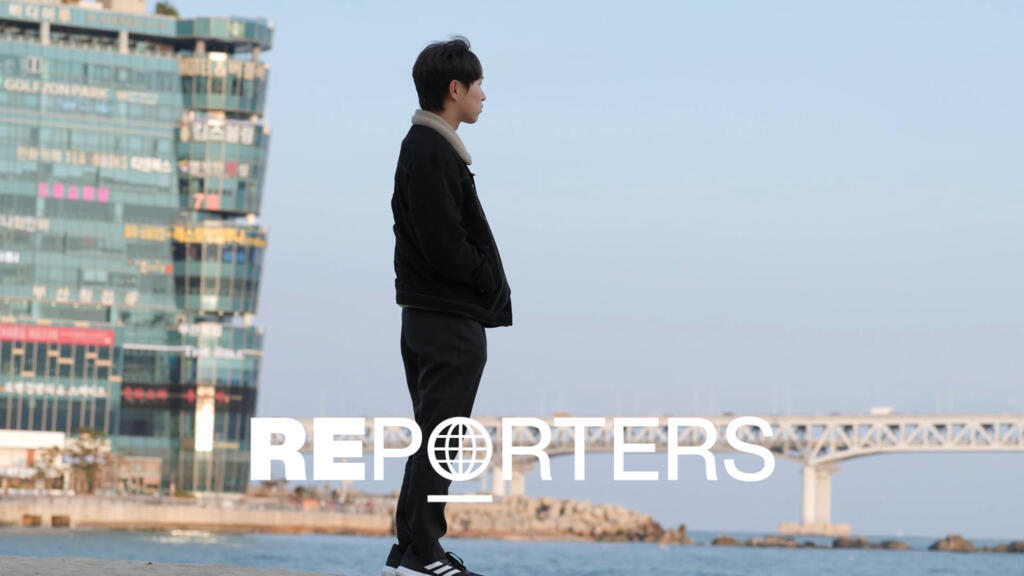
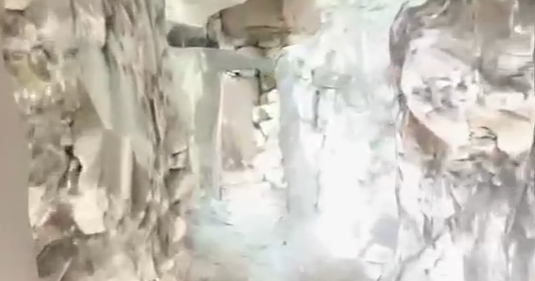


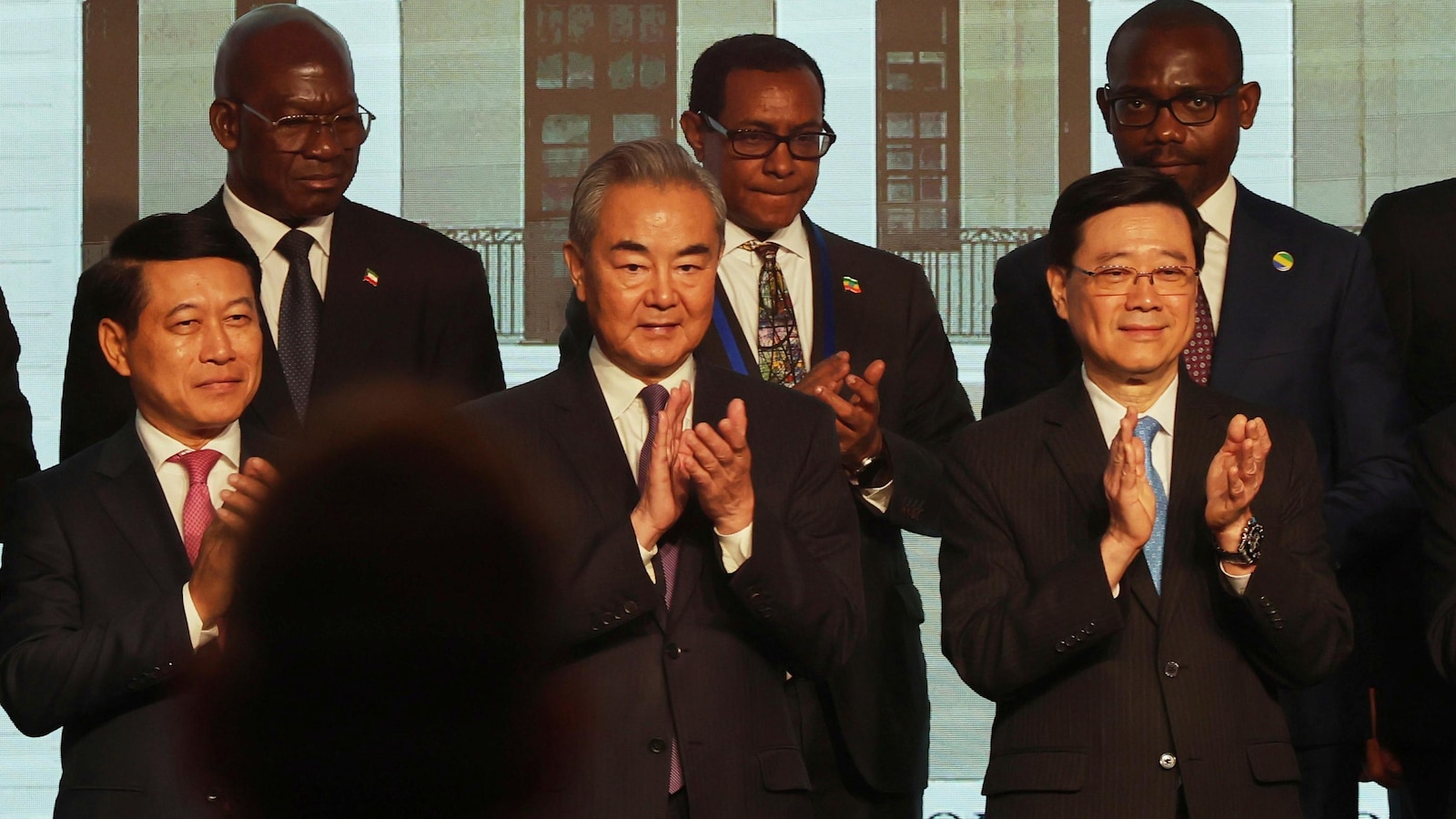


Leave a Reply